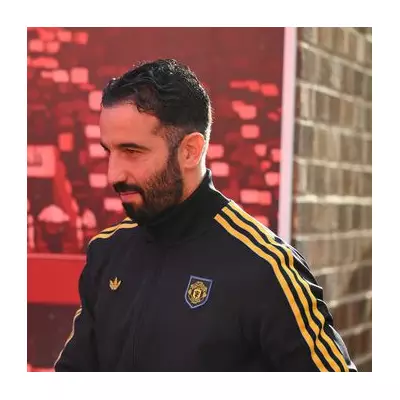
In a stunning display of raw emotion that cuts through the typical narrative of fierce sporting rivalry, Phoenix Mercury's Sophie Cunningham has publicly addressed the devastating season-ending injury suffered by teammate and WNBA icon Diana Taurasi.
The incident, which occurred during a recent clash against the Connecticut Sun, has sent shockwaves through the basketball community, prompting an unexpected and heartfelt response from Cunningham.
Beyond the Court: The Human Side of Professional Rivalry
Cunningham's revelation offers a rare glimpse behind the curtain of professional sports, where competition often overshadows camaraderie. "It's absolutely heartbreaking," Cunningham confessed, her words carrying a weight that transcends the game itself. "You never want to see anyone go down like that, especially a player of her calibre and a person of her character."
This candid admission challenges the perception of athletes as mere competitors, highlighting the deep-seated respect that exists between players, even those on opposing teams. The injury to Taurasi, a legendary figure in the sport, has clearly impacted Cunningham on a profoundly human level.
A League United: WNBA's Culture of Solidarity
The response to Taurasi's injury extends far beyond Cunningham, illuminating a culture of support within the WNBA that often goes unnoticed by the public. This incident has sparked conversations about the unique bond shared by female athletes in a league that has fought tirelessly for recognition and respect.
This display of unity serves as a powerful testament to the league's character, demonstrating that beneath the surface of intense competition lies a foundation of mutual respect and concern for player welfare.
The Road to Recovery: Support System in Action
As Taurasi begins her journey toward recovery, the basketball world watches with bated breath. Cunningham's emotional response underscores the critical importance of mental and emotional support systems for athletes facing serious injuries.
The incident raises pertinent questions about player protection, injury prevention protocols, and the psychological toll that such setbacks take on athletes who dedicate their lives to their sport.
While the competitive fire of the WNBA season continues to burn, Cunningham's powerful words have reminded fans and players alike that some things are bigger than basketball. This moment of vulnerability has revealed the true heart of the sport, where respect and humanity ultimately triumph over rivalry.





